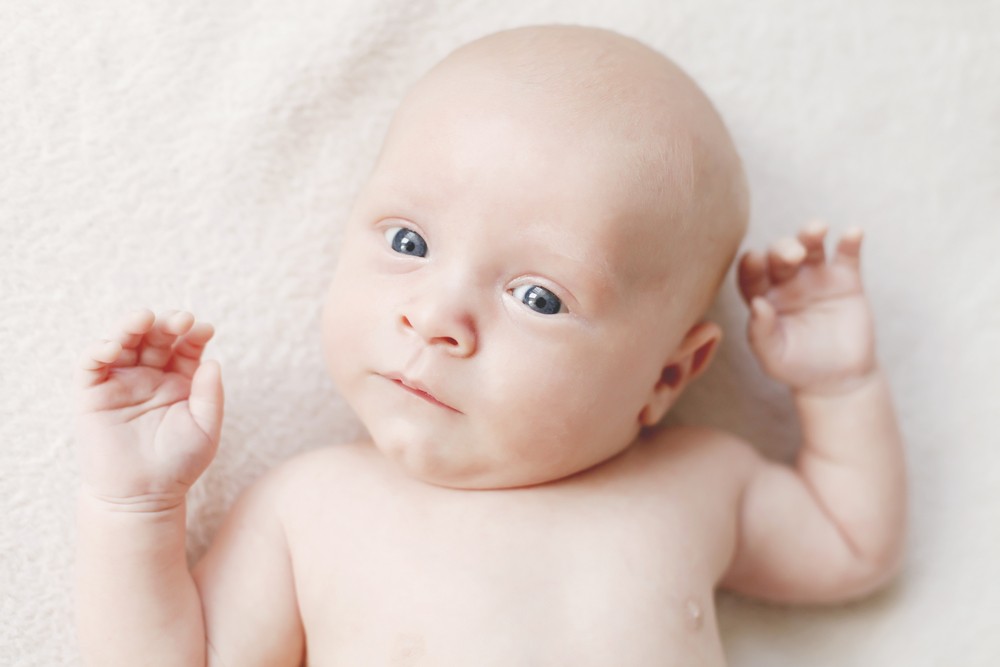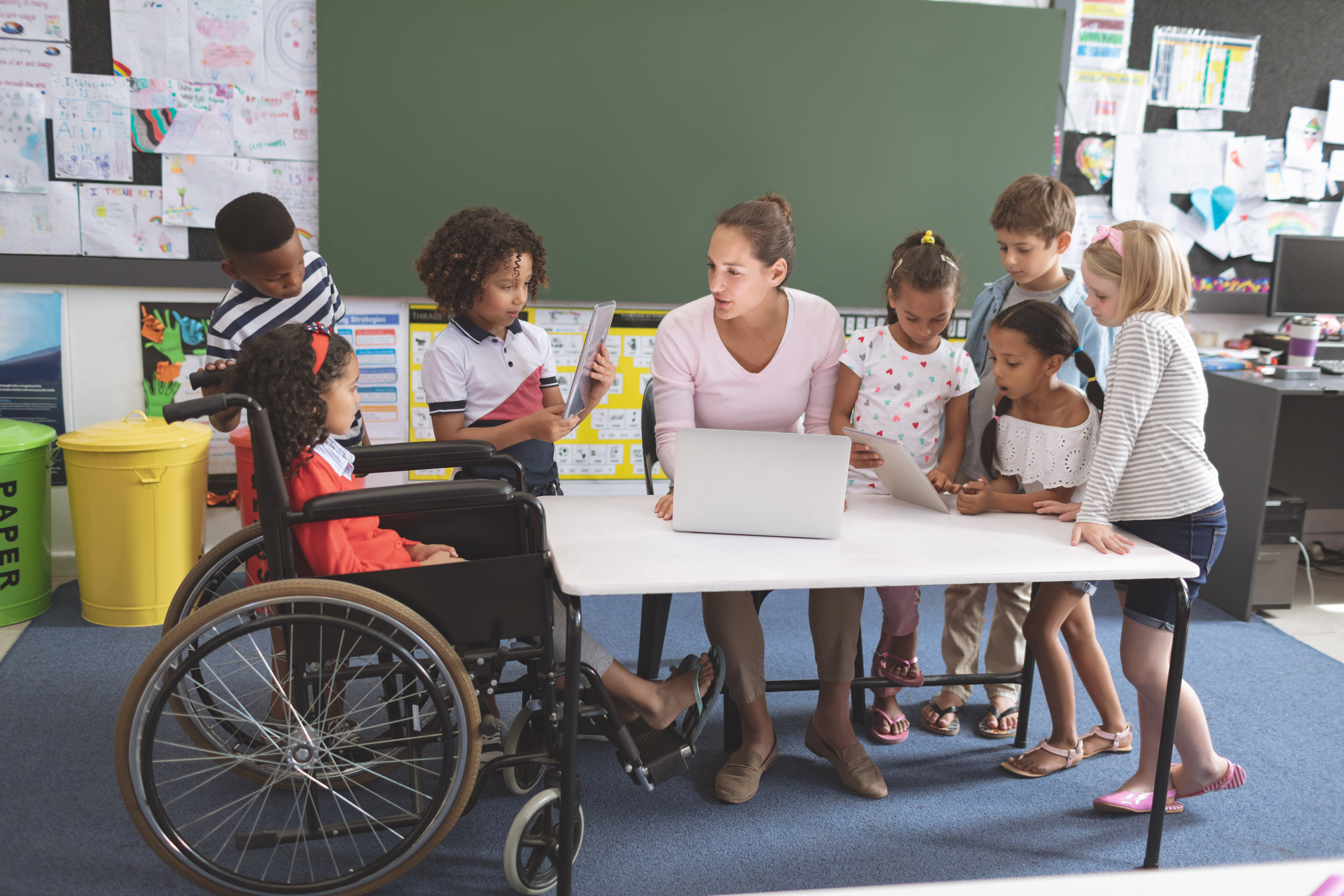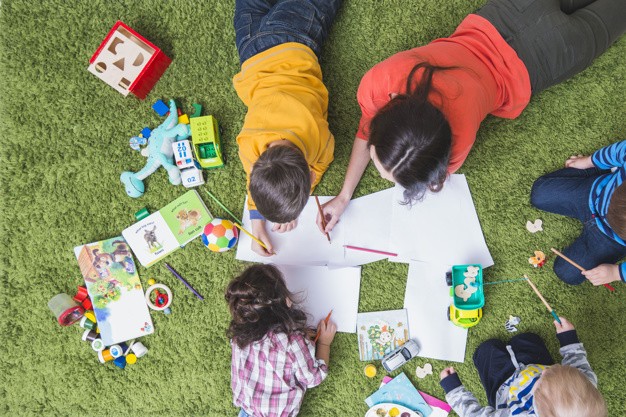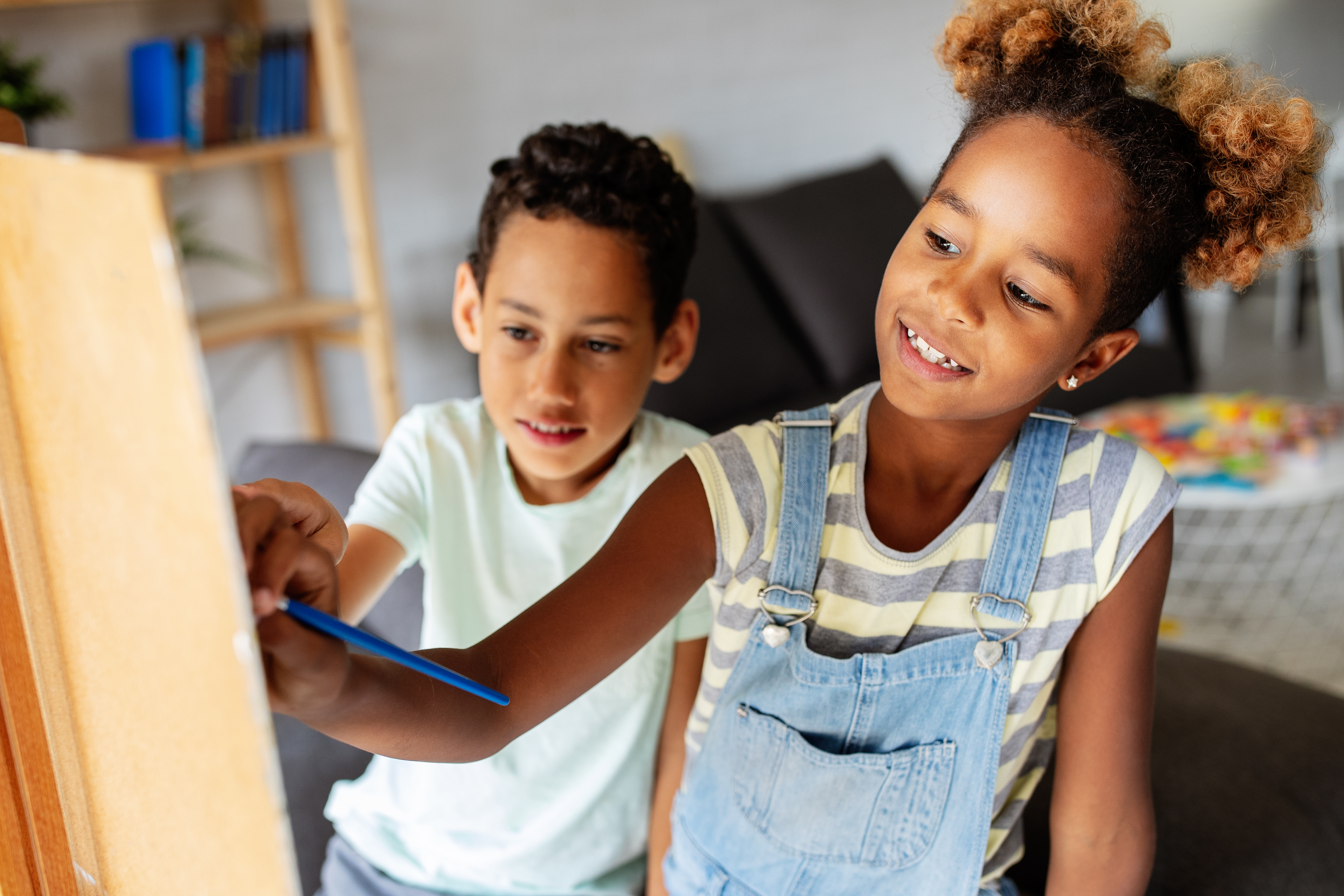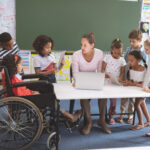
Understanding Rotary Chewing: Why it Matters for Your Children’s Oral Health
When your child begins chewing, you may notice their mouth moving in an up-and-down motion that characterizes lateral chewing. As your child ages, they will develop a rotary chewing method, which involves the mouth moving side to side. The tongue moves horizontally to break down food so it becomes digestible. Rotary chewing is the preferred and mature way of chewing. It decreases the time needed to break down food, so mealtimes aren’t long and exhausting. It ensures people can eat different types of food, so they get proper nutrition. Proper chewing can also aid with speech development. It allows children to develop motor skills in their mouth and build muscles that correspond to those used when speaking. Rotary chewing skills should come naturally, but some children are slower to develop them than others. Read on to learn what you can do to ensure your child develops healthy eating skills that




